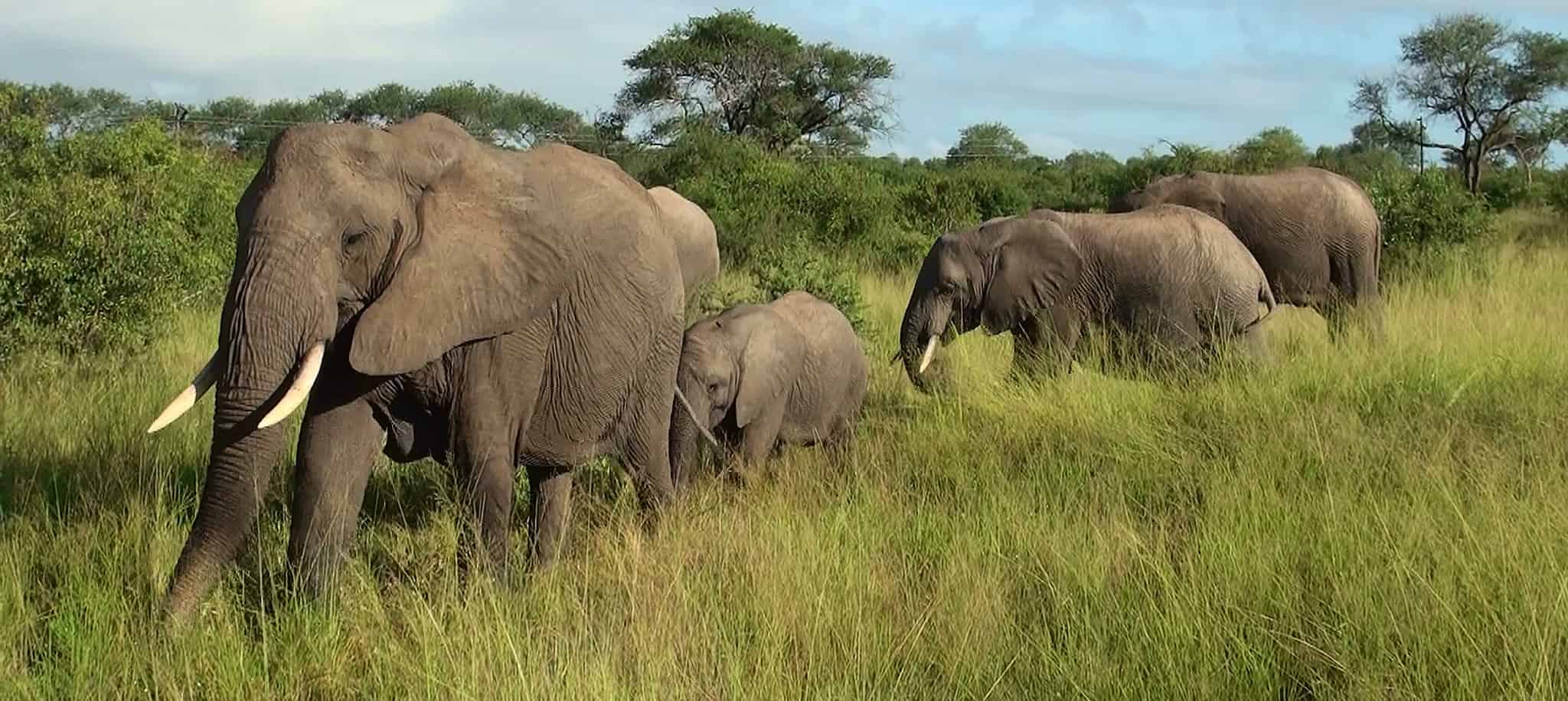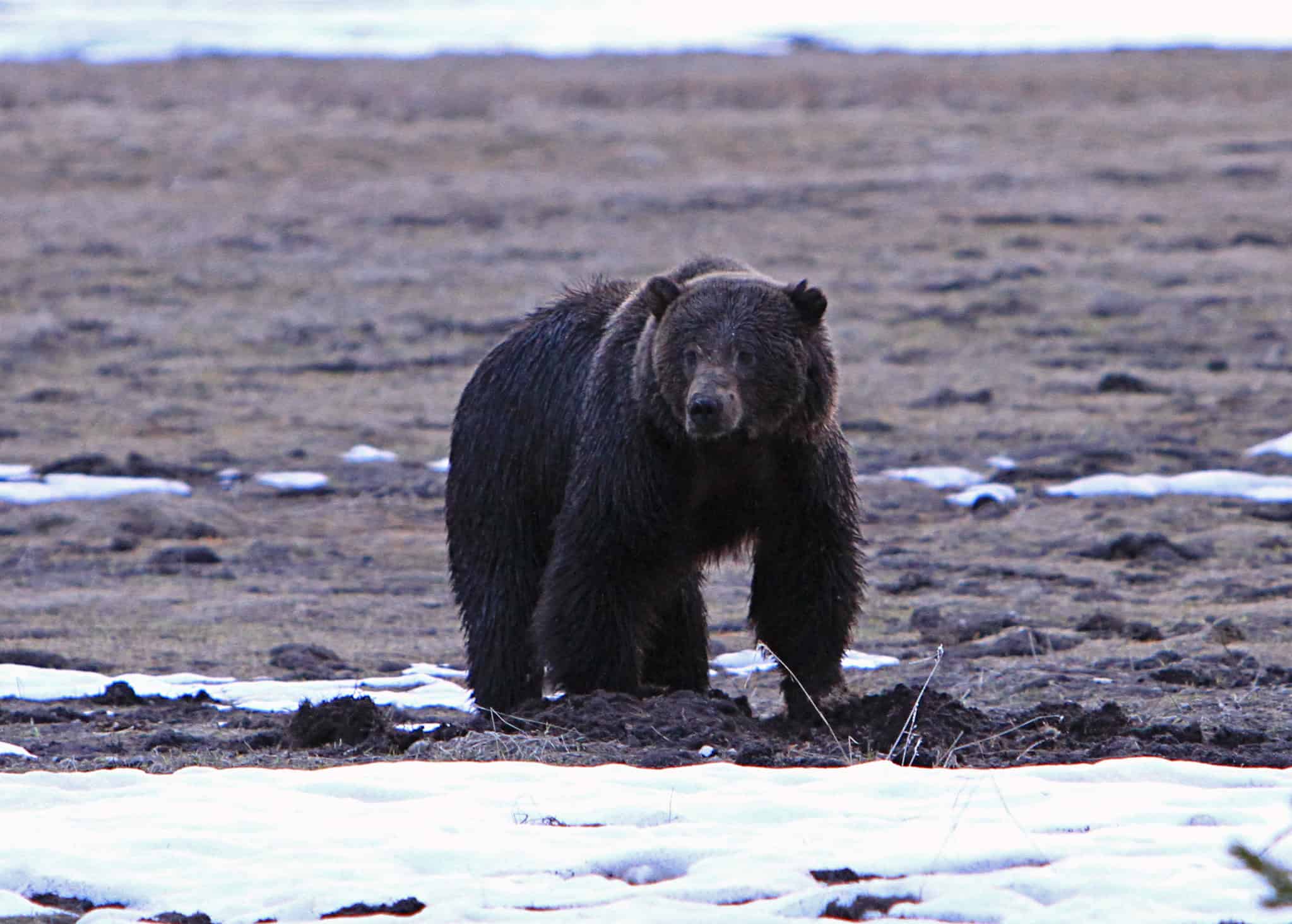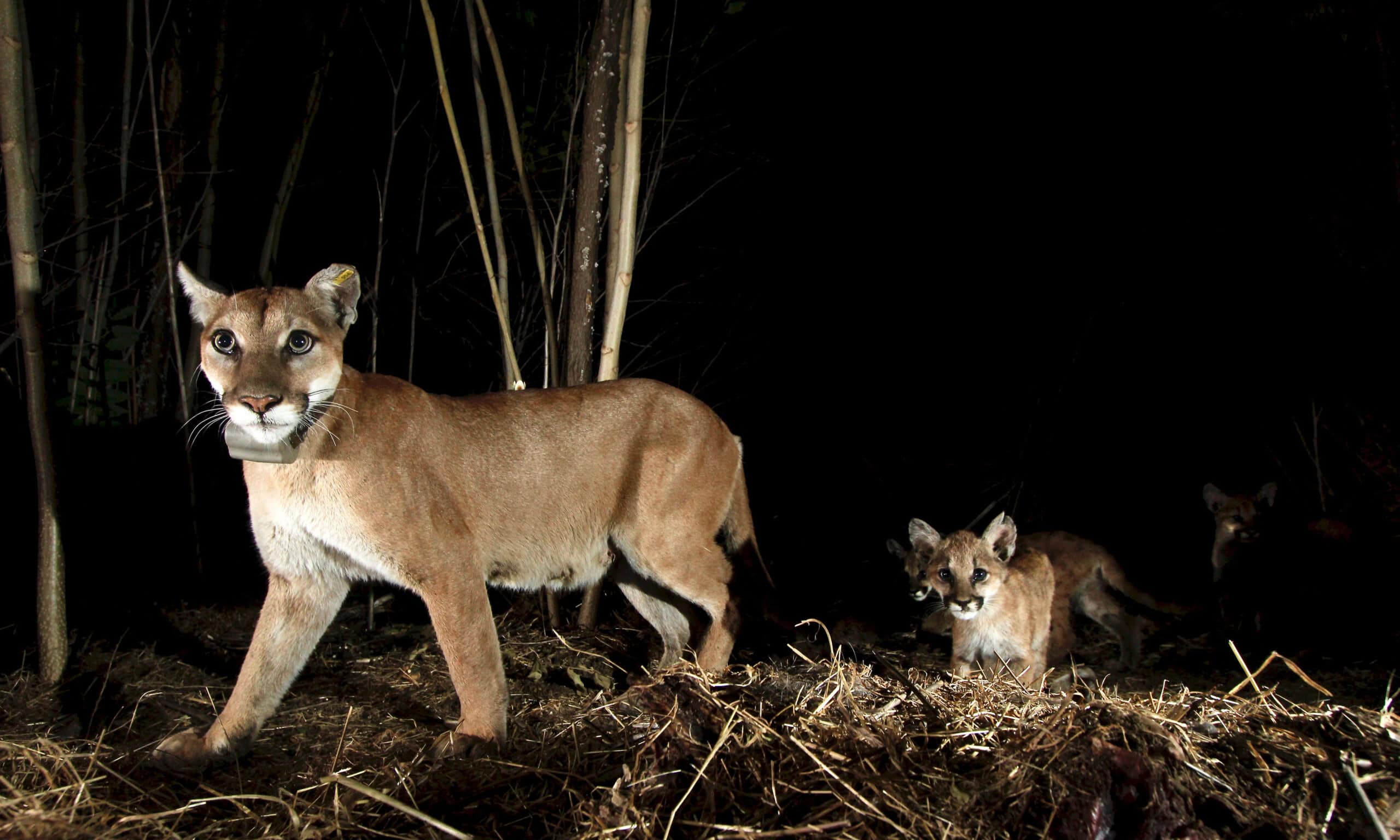Share this article
Members of Congress reintroduce the WILD Act
Last week, Sens. John Barrasso, R-Wyo., and Tom Carper, D-Del., and Reps. Alan Lowenthal, D-Cal., and Don Young, R-Alaska, reintroduced the Wildlife Innovation and Longevity Driver (WILD) Act(S. 268/H.R. 872), which reauthorizes several key wildlife conservation programs and provides additional funding for invasive species management and wildlife trafficking.
“Around the world, a variety of threats continues to challenge wildlife conservation efforts,” Carper said in a press release.“The WILD Act would help make the United States a global leader on wildlife conservation by encouraging innovation in protecting endangered species, better managing human-wildlife conflicts, and preventing poaching and wildlife trafficking.”
The WILD Act would reauthorize the 32-year-old U.S. Fish and Wildlife Service’s Partners for Fish and Wildlife Program, which provides private landowners financial and technical assistance to undertake voluntary conservation projects benefitting migratory birds, threatened and endangered species, fish, marine mammals and other species of concern.
The bill would provide increased funding for preventing, managing and eradicating invasive species by amending the Fish and Wildlife Coordination Act. Under the bill, agencies would be tasked with creating strategic invasive species plans.
The WILD Act would also reauthorize the Multinational Species Conservation Fund, which is administered by the U.S. Fish and Wildlife Service and provides funding for international conservation programs. Over the past 30 years, the fund has distributed over 4,300 grants to projects dedicated to the conservation of wildlife such as tigers, rhinos, elephants, great apes and marine turtles.
The legislation would amend the Marine Turtle Conservation Act to allow funding to be used for the conservation of tortoises and freshwater turtles in foreign countries or U.S. territories in habitats under the jurisdiction of the U.S. Fish and Wildlife Service. Currently, funding from the program is dedicated only to sea turtles.
Finally, a new annual grant competition would be created by the WILD Act. Theodore Roosevelt Genius Prize competitions would be established in five categories: preventing wildlife poaching and trafficking, promoting wildlife conservation, managing invasive species, protecting endangered species and nonlethal management of human-wildlife conflicts.
The WILD Act passed the Senate during the last Congress but did not progress through the House of Representatives.
Header Image: The WILD Act would reauthorize the Multinational Species Conservation Funds, which fund international elephant conservation. ©Roger Smith








